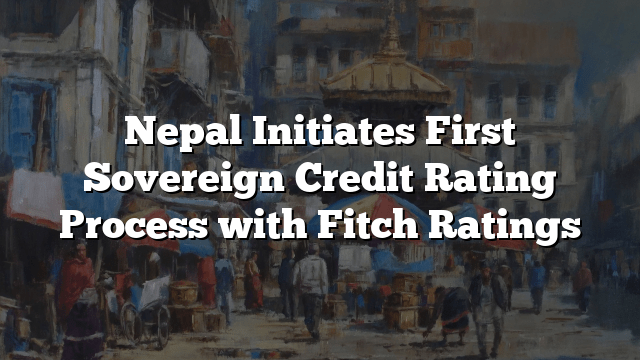
In a significant move to revive ailing public enterprises, the Nepali government has unveiled a policy to resume the operation of sick public enterprises, including the Gorakhakali Rubber Udhyog. This announcement was made by President Ramchandra Paudel while presenting the government’s policy and program for the upcoming fiscal year of 2081/82 BS (2024/2025).
President Paudel stated that the government will conduct feasibility studies and then proceed to resume the operations of these sick public industries through a public-private partnership (PPP) model. This initiative aims to breathe new life into these enterprises, which have been struggling due to various challenges.
The Gorakhkali Rubber Udhyog, a prominent public enterprise in the rubber industry, has been specifically mentioned as one of the sick industries targeted for revival under this policy. The government recognizes the importance of revitalizing such industries and harnessing their potential to contribute to the nation’s economic growth.
The PPP model proposed by the government involves collaboration between the public and private sectors, leveraging the strengths and resources of both parties. By partnering with private entities, the government aims to infuse fresh capital, expertise, and management practices into these sick public enterprises, thereby enhancing their operational efficiency and competitiveness.
This policy initiative is expected to generate employment opportunities, boost industrial productivity, and foster economic development in Nepal. Additionally, it aligns with the government’s broader goals of promoting sustainable economic growth and optimizing the utilization of public assets.
The feasibility studies to be conducted will assess the viability of reviving these sick public enterprises and identify potential areas for improvement and investment. Based on the findings, the government will formulate strategies and seek suitable private partners to undertake the revival process through the PPP model.
Stakeholders, including industry experts, entrepreneurs, and representatives from the public and private sectors, have welcomed this policy announcement. They believe that reviving sick public enterprises through a collaborative approach could unlock new economic opportunities and contribute to the overall growth and development of Nepal’s industrial sector.
As the government moves forward with the implementation of this policy, close coordination and transparent processes will be crucial to ensure the successful revival of these sick public enterprises and the realization of the intended benefits for the nation.
Related:



